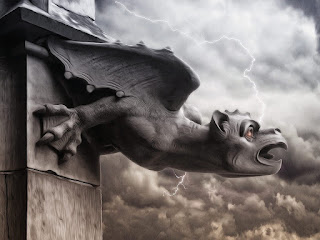Soft Ground: When the track is soft or heavy due to rain or recent precipitation, it becomes more challenging for horses to maintain their speed and momentum. Soft ground requires horses to exert more effort, which can affect their stamina and potentially favor horses with more endurance. Horses with a preference for softer ground may excel in such conditions, while others might struggle to navigate through the heavier footing.
Firm Ground: Conversely, when the track is firm or hard due to dry weather, the ground provides a fast racing surface. Horses can maintain their speed more easily, which can favor horses with a preference for firmer ground and a strong turn of foot. However, firmer ground can be less forgiving, potentially leading to a higher risk of injuries if not adequately managed.
Going Changes: The weather can be unpredictable, leading to fluctuations in track conditions throughout a race meeting. Going changes occur when the track condition shifts from one extreme to another, such as from heavy to good or firm to soft. These changes can significantly impact a horse's performance, as they may need to adapt their running style and adjust their tactics accordingly.
Jumping Conditions: The weather and track conditions can also influence the jumping aspect of national hunt races. On soft ground, fences can become more forgiving, as the ground absorbs some impact. Conversely, on firm ground, the take-off and landing areas can be less forgiving, potentially affecting a horse's jumping ability and accuracy.
Tactical Considerations: Trainers and jockeys carefully consider the weather and track conditions when formulating race tactics. For example, in soft ground, jockeys may opt for a more conservative approach, focusing on maintaining a steady pace and conserving energy for the later stages of the race. On firmer ground, jockeys may aim to set a faster early pace, taking advantage of the track's speed favoring properties.
Horse Preferences: Some horses have preferences for specific ground conditions. Trainers and jockeys consider their horse's previous performances on different track surfaces and weather conditions to determine the suitability of a race. Horses that have demonstrated success on particular ground types are often favored to perform well when those conditions are present.
In conclusion, weather and track conditions play a crucial role in national hunt races. They can impact the speed, stamina, and jumping ability of horses, as well as influence race tactics and strategies. Trainers, jockeys, and punters closely monitor these conditions and adjust their approach accordingly to optimize their chances of success.
Photo: Pixabay (free)

No comments:
Post a Comment
Thanks for your comment.